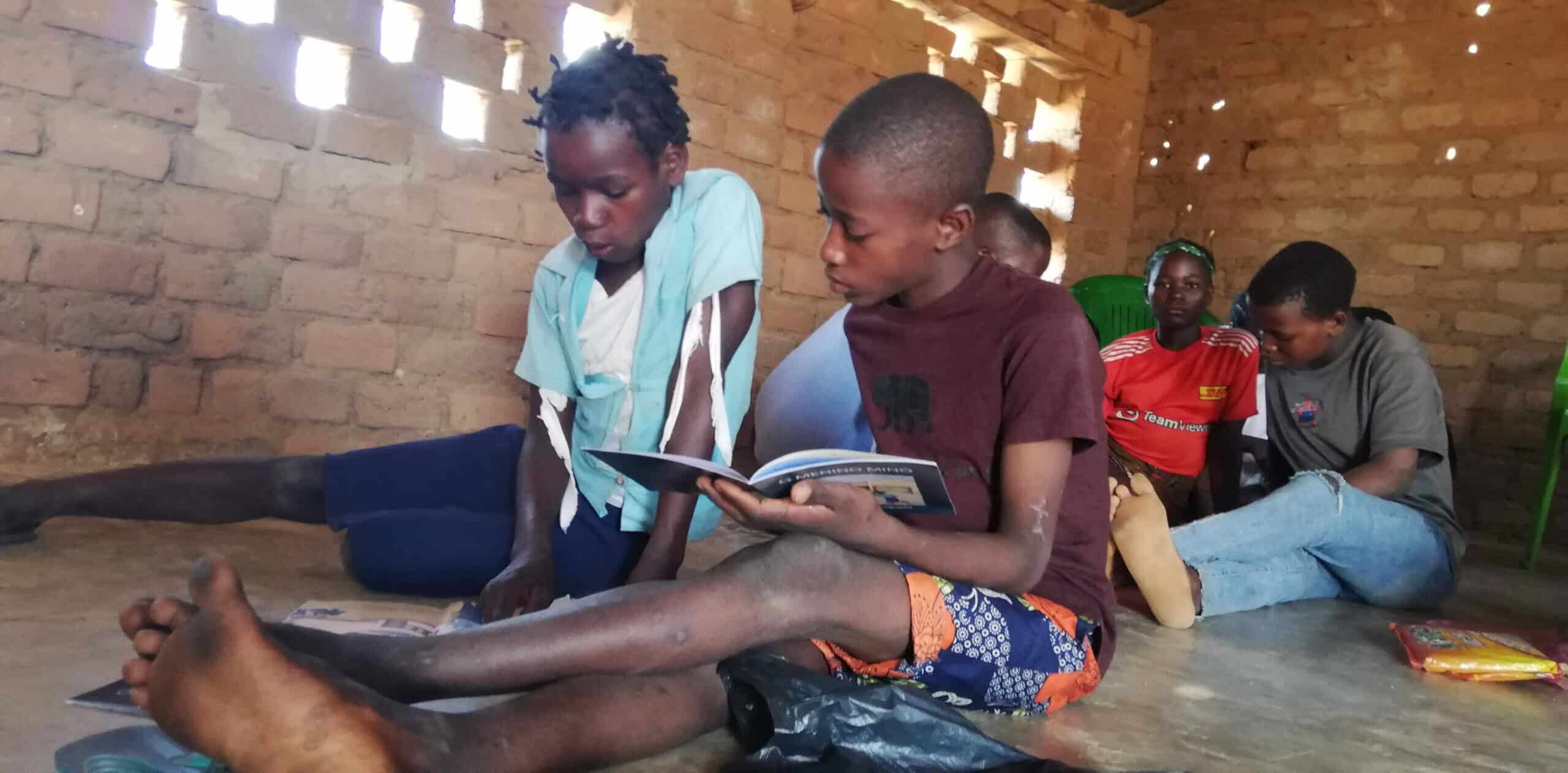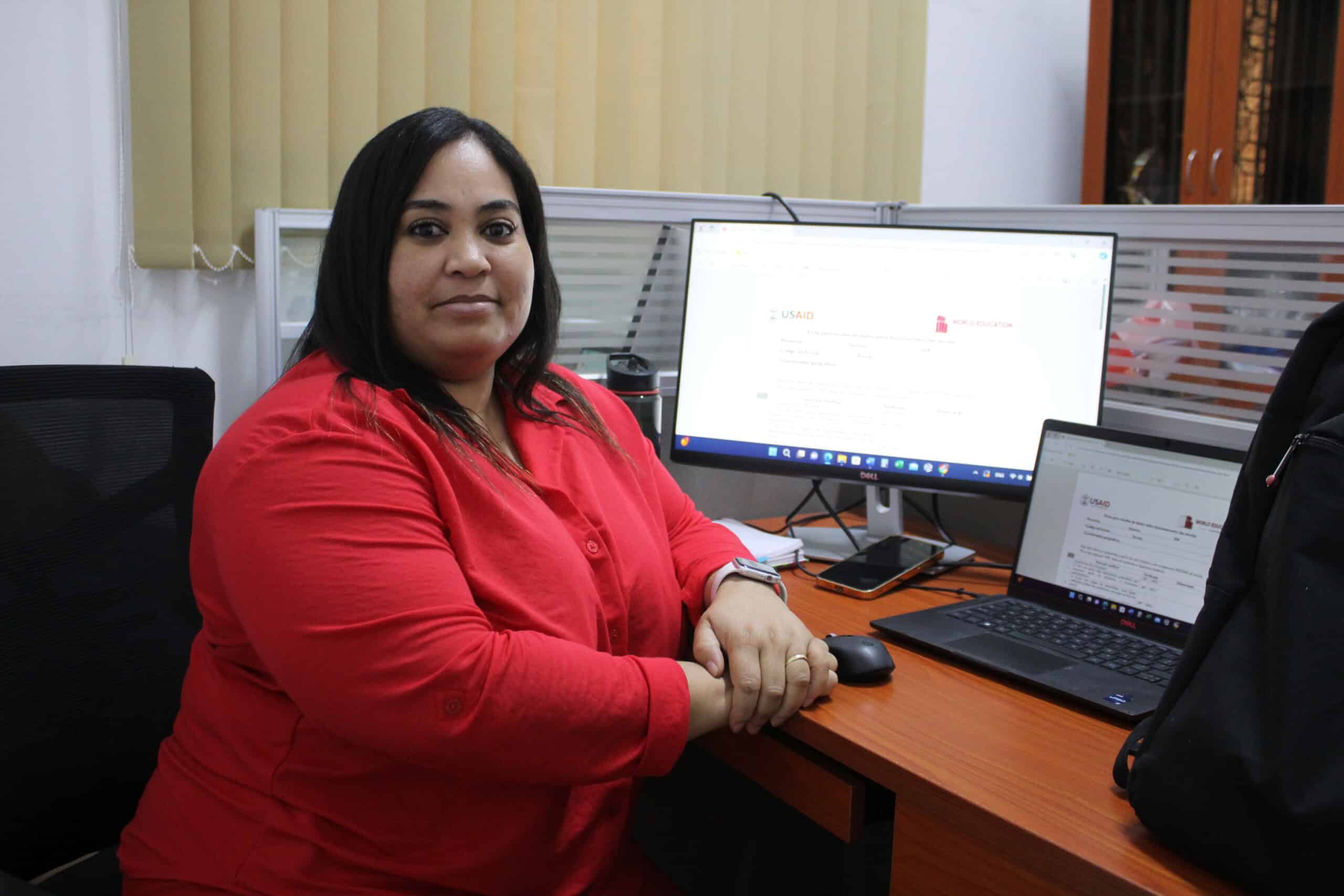We have worked in Mozambique since 2001 to strengthen systems that improve people’s lives through education, conflict mitigation, social protection for girls, and women’s capacity building. We take an integrated, layered approach to development: a strong educational system is a critical component of a country’s growth, but better learning in schools cannot stand alone.
With a core focus on strengthening capacity and using data to measure effectiveness and refine approaches, we imbue a sense of learning in all our work and share that learning broadly with other practitioners.
Research shows that learning to read in one’s local language while concurrently developing oral language skills in the national language leads to higher literacy rates. To expand bilingual education to students grades 4-6 and support their transition to learning in Portuguese, we are leading the Improved Learning Outcomes in Primary Education (SABER) project from 2022-2027.
To mitigate risks and enhance the adaptive capacity of vulnerable communities, especially women, youth, and IDPs, we’re implementing climate-sensitive, inclusive, and participatory resilience building interventions through the Northern Mozambique Rural Resilience Project (MozNorte). We provide grants to community projects based on priorities identified by the communities themselves to stabilizing living conditions and creating opportunities to sustainably generate employment and income.
Helping to strengthen local capacity, we are the lead international technical assistance partner for two local consortia to lead USAID/PEPFAR projects aimed at scaling up evidence-based strategies for HIV and gender-based violence prevention and response services.





